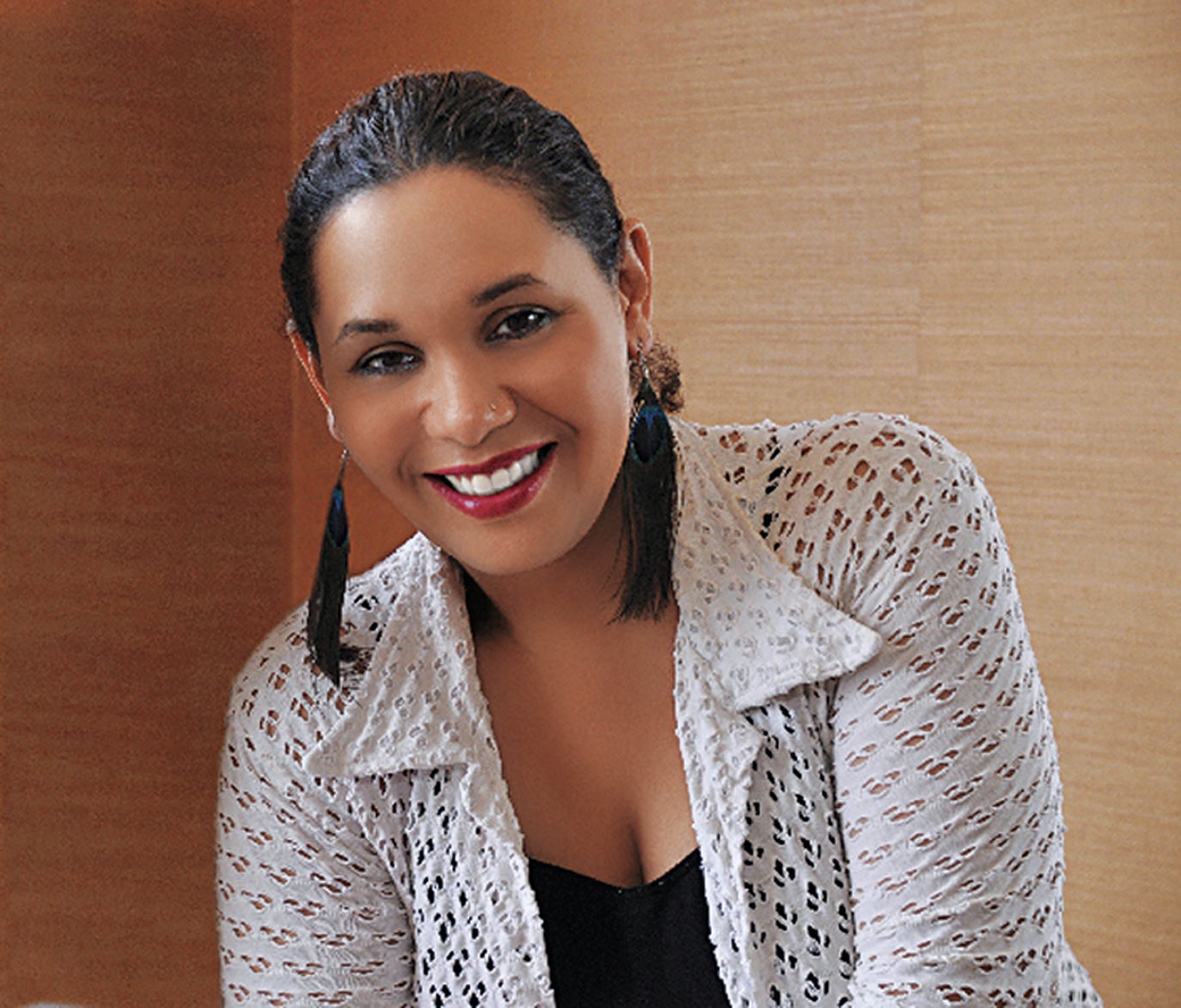
I didn’t start drinking alcohol until after college, and even then, I’d have little more than an occasional fruity cocktail with friends. But by my mid-thirties, things changed. Separated from my husband and feeling the pressure of single parenting in a receding economy, wine became my shortcut to relaxation. With parenting, work, bills and boyfriends, I didn’t know where each day would take me, but I knew what three glasses of wine would do for my aching spirit.
For seven years, wine was my way to leave my troubles behind. I’d work from 5 A.M. until 8 P.M., finish washing the last dish, check my daughter’s homework and get her to bed so I could begin drinking. Often I’d call whoever would listen to me, desperate for a connection to someone who understood that while I felt both strong and powerful parenting solo and writing and advocating for social justice, I was lonely. I longed for the future that never materialized with my husband, angry that life hadn’t played out the way I’d planned. In a world not especially friendly toward Black single moms, I learned not to ask for help or depend on others. I knew people could go away at any time. But not wine. It was reliable. I loved it for that, and it loved me right back. Until it didn’t.
One day I no longer recognized myself. I was a writer who wasn’t writing, a runner who’d stopped even walking—and gained 80 pounds. More than anything I wanted to be a great mother to my daughter. Instead I had become a functioning mother with moments of real goodness. But greatness? That was no longer mine to claim.
My beloved child never said anything about the nights I’d stay up late, but there were days, more than I care to remember, that I could read the disappointment in her eyes when I was too tired the morning after to take her on some promised excursion. And I can’t describe how embarrassed I was when my mentor, who’d heard me slur one night too many, said, “asha, we have to talk about your drinking.”
But as important as her shining a spotlight on my slurry living was what she said after. “I love you,” she told me. “I believe in you.” She encouraged me to talk to a therapist, lending a hand rather than wagging a finger. This is not often done for people struggling with a substance. It’s also not what we do with ourselves. But the truth is, we probably won’t fix what we don’t love, so before I could change my relationship with alcohol, I had to hold myself in a loving light.
Last year I embarked on a self-designed detox. I added exercise and healthy eating. I also shed from my life people who always had something mean to say. The returns were almost immediate. My daughter’s laughter grew more exuberant by the end of the first week. Writing followed right after—and then something that I hadn’t felt in a long time: hope.
On occasion I still have a glass of wine. I celebrated a friend’s birthday in June with one, but on my birthday in July, a great workout was my party. One woman commented that I should never drink, but my goal was never abstinence. It was to reduce the harm caused by too much drinking.
Most mornings now, I’m up before 4. I spend my first two hours meditating, then writing, then exercising—in that order. I’ve lost 50 pounds, and am working on my sixth book. I finally found peace where it had always been—at my center. Often when someone is in pain and acting out, our inclination is to call them names: drunk, addict, lost cause. But the greatest gift we can give anyone—especially ourselves—is compassion.